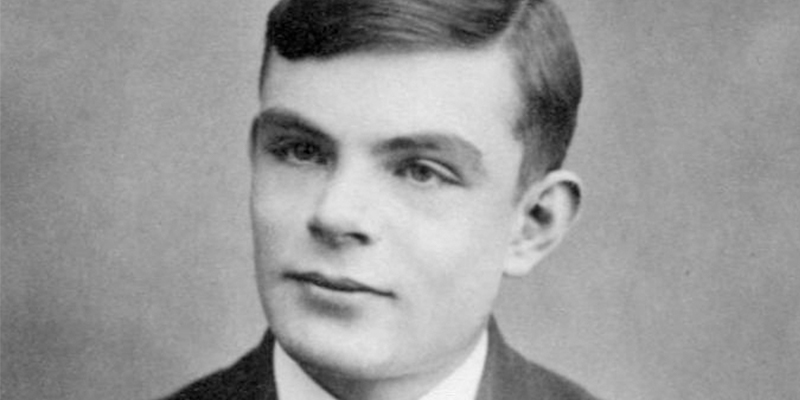
Alan Turing
Alan Turing OBE was an English mathematician, computer scientist, logician, cryptanalyst, philosopher and theoretical biologist.
He was often regarded as the father of modern computers as well as artificial intelligence. During the Second World War he was hired by the Code Breaking School at Bletchley Park to create equations and sequences to break the German codes and provide the Allies with high-value intelligence.
Turing is most remembered for creating a machine to break the German enigma code, which had largely been thought to be unbreakable. His success led to crucial information that helped the Allies gain victory in numerous battles, such as the Battle of the Atlantic, and in turn win the war. It’s thought that his work helped reduce the length of the war by two years and saved over 14 million lives.
After the war, he continued to work on advancing computing technology. In 1952, he was arrested for committing homosexual acts ("gross indecency"), which were still against the law at the time. Instead of a prison sentence he accepted punishment in the form of chemical castration. This is thought to have slowly poisoned his body and mind until his death in 1954.
In 2009, then Prime Minister Gordon Brown apologised for the appalling way in which the British government had treated Turing, and in 2013 Turing was pardoned by Queen Elizabeth II. In 2014, his life story was immortalised in the film The Imitation Game, and in 2017 the ‘Alan Turing Law’ pardoned all those who had been convicted by historic laws banning homosexuality.
In 2019, Turing was named the ‘the greatest person of the 20th century’ for his contribution to human history, despite facing little to no recognition for doing so.
- Read more about the life of Alan Turing (nytimes.com)
